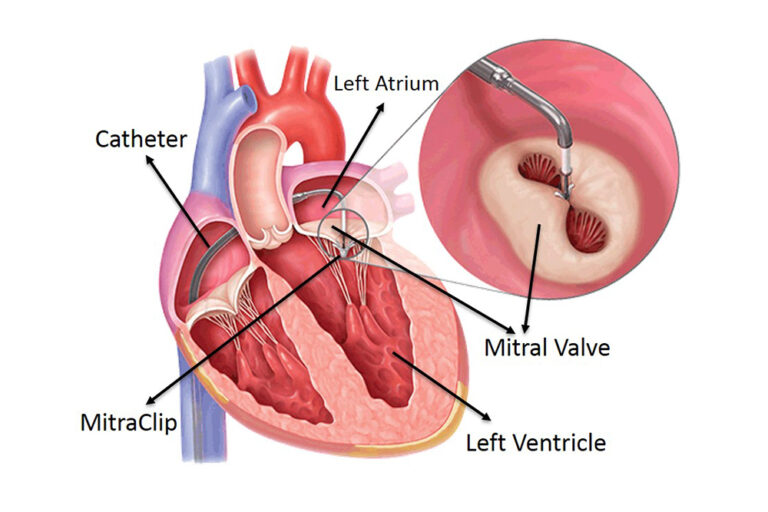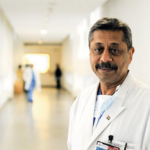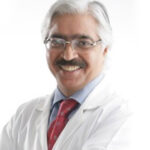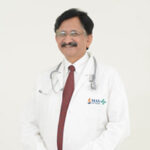Heart Bypass Surgery (CABG) Cost in India

Heart Bypass Surgery is better in response to stenting. It is usually the best go-to-option for a blocked LAD.
The survival rate for coronary bypass surgery patients who make it in the first few months is similar to that of the general population.
The Heart Bypass Surgery Cost in India ranges between USD 4000 to USD 5000.
As delineated by an article in the Deccan Herald, India is among the top medical tourist destinations for cardiology, orthopedics, transplants, and ophthalmology with a success rate close to 100%.
About Heart Bypass Surgery
Heart bypass surgery or coronary artery bypass grafting (CABG) is performed by the surgeon to facilitate smooth blood flow to the heart. The ubiquity of coronary bypass surgery in India is highly common. A surgeon grafts the blood vessels from the areas of the body to go bypass the blocked or damaged arteries in the heart. The aim is to prompt more blood and oxygen to the heart again after a blockage obstructed the path.
Heart Bypass surgery is similar to traffic or signal controllers that unclog the congestion so that route is clear. Although the surgery does not cure the heart disease of its roots, it eases the symptoms and for some people, the surgery can improve heart health and avert the risk of death due to heart failure too. Post-surgery, you may be asked to rest and stick to a healthy routine and feel better. Most people can live a healthy life for decades or more.
Are there any types of heart bypass surgery?
Yes, your healthcare team would suggest a type of bypass surgery, based on your health, the number of blocked arteries in your heart, and the extent of the damage.
The wide-types of heart bypass surgery are noted as:
- Single bypass: Done only one artery in the heart is blocked.
- Double bypass: Two of the arteries are damaged.
- Triple bypass: Three of the arteries are damaged. Quadruple bypass. Four arteries are damaged.
Having two or more arteries blocked means the surgery may take a longer time than expected or require medical intervention by the doctors. Depending upon the type, Heart Bypass Surgery Cost in India also varies. The only thing constant being the success rate, if only, one of the best hospitals for heart bypass surgery is chosen.
Before the procedure
You will be called to the hospital for crucial diagnostic tests to keep an update on your health status. If it is not an emergency procedure, probably, you will be admitted to the hospital on the morning of the surgery to stabilize blood sugar and blood pressure levels.
During the procedure
Your surgeon will give you anesthesia before the coronary artery bypass grafting starts. The surgery may go on for 3 to 6 hours. During the procedure, a breathing tube is inserted into the mouth and linked to a ventilator so that you can breathe comfortably. The surgeon will use medication to stop your heart from pumping until the surgery completes. Meanwhile, a machine known as a heart-lung will keep transporting oxygen and blood to your whole body. From some area or part of your body, a blood vessel is removed (called a graft) and attached to the one end of the main aorta. The other end will be connected to the artery below the blockage. If you have more than one blockage, your surgeon may perform one or more bypass surgery during the same operation. After you are done with the surgery, your doctor will disconnect you from the machine and close the chest with the wire. The wire is removed only when the chest bone fully heals.
Other surgical procedures your surgeon may perform:
- Off-pump or beating-heart surgery: It is a critical procedure done on the beating heart. Special equipment is used to stabilize the portion of the heart that needs grafting. This form of beating heart surgery is life-threatening, and not everyone qualifies to be a candidate for off-pump surgery.
- Minimally invasive surgery: Minimally invasive surgery is done by making tiny incisions of 3 to 5 inches in the chest with the help of robotics and video imaging. Since the heart is not made to stop for a time, it can be carried out with a heart-lung machine.
After the procedure
You can expect two-day care in the ICU. The breathing tube will be wave-off only when you are healthy enough to walk or breathe on your own. Cardiac rehabilitation is provided to the patients to help recover post-surgery. You will have to continue with monitored programs in outpatient care until you are ready for home-based care.
Risks or Complications involved in the Procedure
As it is open-heart surgery, you might suffer comorbidities linked to the procedure itself. You may perhaps suffer the following of the knock-on effects:
- Severe internal bleeding
- Heart rhythm irregularities (arrhythmias)
- Infections of the chest wound
- Kidney related disorders
- Memory loss or trouble thinking clearly
Stroke - Heart attack, if a blood clot breaks post-surgery
- Possible reactions to anesthesia
Such consequences are primarily dependent on your health before the surgery. If you have had other medical conditions such as emphysema, diabetes, high blood pressure, diabetes, kidney disease, blocked arteries in your legs, there are more chances of you developing a few of the complications. Always tell your doctor about such interventions before proceeding with the treatment. First thing first, the coronary artery bypass grafting can add years to your life.

Dr. Naresh Trehan
Cardiac Surgeon, Chairman , MBBS, 40 years of experience Gurgaon , India

Dr Y K Mishra
Cardiac Surgeon. Director , MBBS, MD, Fellowship, Fellowship, 32 years of experience New Delhi , India

Dr. Ashok Seth
Interventional Cardiologist, Chairman , MBBS, MD, FRCP, MRCP, Fellowship, 38 years of experience New Delhi , India.

Dr. Ganesh K. Mani
Cardiac Surgeon. Chairman , MBBS, MNAMS, MS, 37 years of experience New Delhi , India